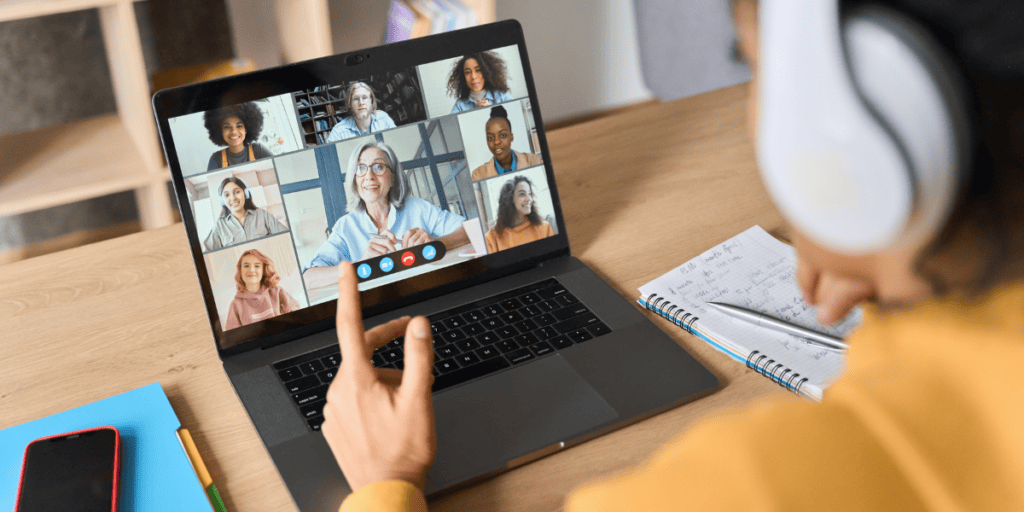Focus Groups: A Barometer for Politics

The months leading up to the presidential elections are always an interesting and vibrant time in the United States; however, to many Americans, this election season in particular feels like a breed of its own. With another month to wait, some wish that the election could just be over already. Indeed, along with the waiting comes a dose of uncertainty and anxiety about who will be the future leader of our country. Perhaps this is why we pay so much attention to the primaries and the polls, because we rely on them as a barometer on where the country stands and give us a glance into a potential outcome in November.
CBS News contributor and Republican pollster Frank Luntz took a different approach to understanding this uncertainty; immediately following the first presidential debate, Luntz conducted a televised focus group with 27 undecided voters. Their conversation began by gauging whom the respondents believed won the debate and how they came to that conclusion. A handful of respondents spoke, giving quick explanations about their opinions. At the end of the 5 minute conversation, Luntz asked if they had been influenced by the debate to vote one way or the other. Some agreed that they had been influenced, others remained undecided.
Focus groups can be a great method for researchers to understand the perspectives of a group; in this case, undecided voters. While quantitative research does a great job at determining the big picture, like which candidate Americans currently favor, it tends to paint a very black and white picture of the issues. Alternatively, qualitative research gives respondents the opportunity to dig into their individual perspectives and express the thought process that led them there.
By allowing voters to express their opinions – what they had problems with, what they found interesting, etc. – the candidates are given an opportunity to make adjustments for future debates, like the one coming up on October 9, 2016. Of course, this strategy is not unique to the elections, but can be beneficial in business practices, as well. Whether it’s taking user feedback to iterate on a product’s design or reevaluating an ad concept, listening to respondents’ feedback very often leads to more favorable outcomes for both parties. Additionally, focus groups are a particularly interesting methodology because they allow respondents to interact with each other, as they might in a real life setting.
The focus group conducted by Luntz was broadcasted on CBS, bringing the conversation between these undecided voters to the American public. While sharing this information is extremely valuable, airtime is limited and respondents only had a brief moment to present their perspectives, without going into any depth, during this 6 minute segment. Ideally, this methodology requires more time (anywhere from 30 minutes to several hours) in order to give respondents the opportunity to work out their opinions and ultimately decide where they stand. Additionally, these discussions typically take place between far fewer respondents, in order to ensure that each respondent has the opportunity to have their voice heard.
Discuss.io’s platform is specifically designed to support focus groups, along with other qualitative research methods like using whiteboards and conducting IDIs. Focus groups conducted through Discuss.io can support up to 6 respondents simultaneously, giving researchers equitable access their opinions and perspectives. Additionally, moderators can also use whiteboard features which allow respondents to markup stimuli like images, PDFs and web pages.
In addition to polls and primaries, focus groups present an interesting option for understanding the American public’s stance on current political issues. In fact, this is not the first time that we have seen the benefits of qualitative research when dealing with political topics. Check out our blog to learn more about how Discuss.io is working to assist the United Nations Global Development Initiative.
If you have a topic that you would like to explore through in depth qualitative research, join us at our weekly webinar to learn how Discuss.io can leverage your research while helping you save time and money.
Sign Up for our Newsletter
Related Articles

How to Facilitate Meaningful Insights: Strategies for Effective Focus Group Discussions
Conducting a worthwhile focus group requires a strong purpose and well-defined objectives. This isn’t an ordinary chat; it’s an organized…
Conducting a worthwhile focus group requires a strong purpose and well-defined objectives. This isn’t an ordinary chat; it’s an organized…

How to Optimize Engagement with a Virtual Focus Group: Strategies and Tips
Creating successful engagement in virtual focus groups starts with proper planning. This involves everything from the setup of your digital…
Creating successful engagement in virtual focus groups starts with proper planning. This involves everything from the setup of your digital…

Maximize the number of research projects completed by year’s end: Yes, it can be done
Ask most agencies managing enterprise-level market research (MRX) projects, and they’ll tell you they have a love/hate relationship with their…
Ask most agencies managing enterprise-level market research (MRX) projects, and they’ll tell you they have a love/hate relationship with their…


